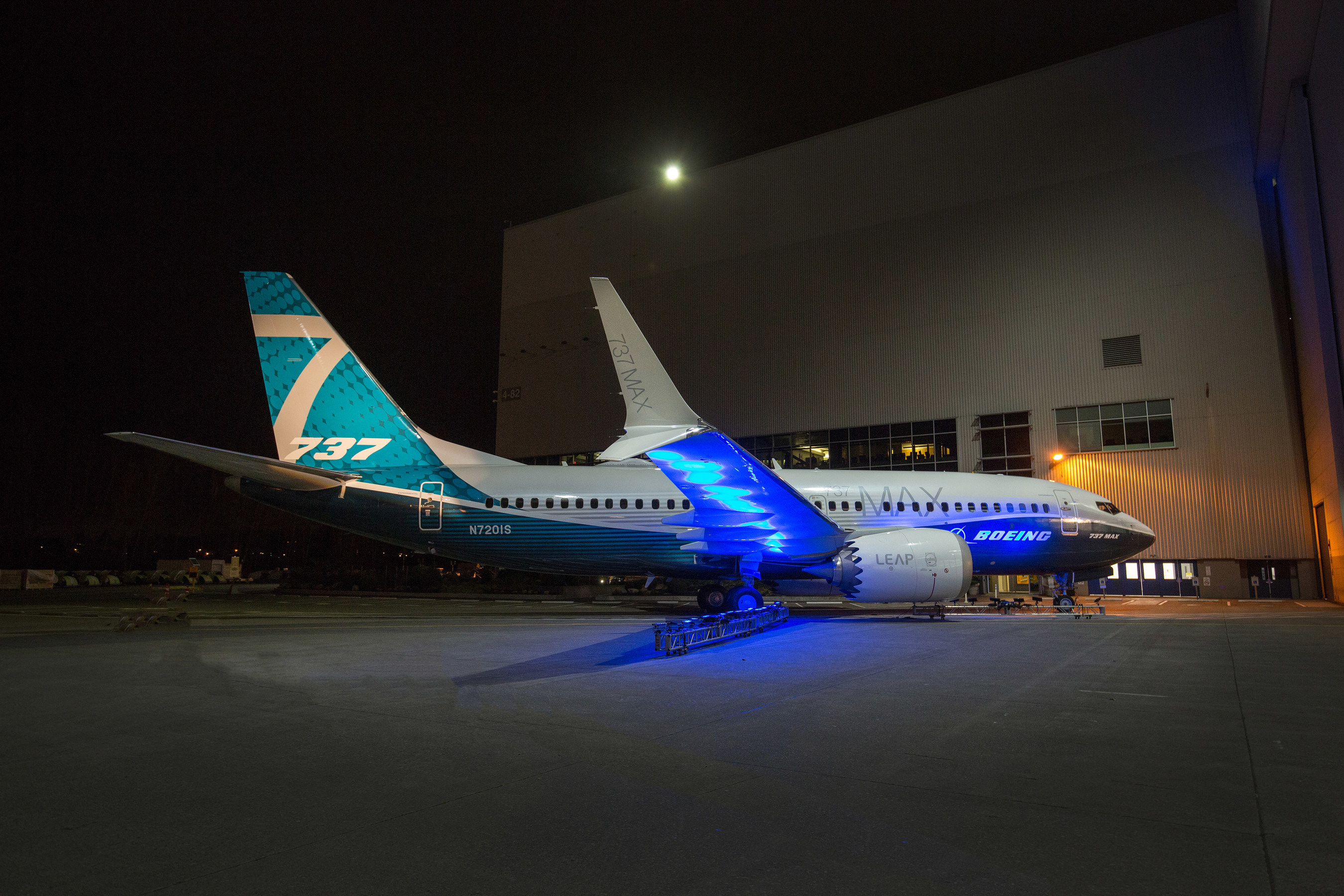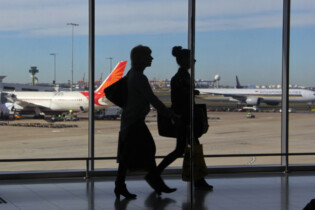Aerospace and aviation manufacturer, Boeing, sees strong growth potential for Africa’s aviation industry.
Earlier this week, Boeing, the world’s largest aerospace company and a leading manufacturer of aviation equipment, gave its forecast on Africa’s aviation industry over the next 20 years. The projection was shared as part of the company’s 2021 Commercial Market Outlook (CMO).
Boeing has determined that Africa’s airlines will need 1 030 new airplanes by 2040, tacking a $160 billion price tag onto its valuation. Aftermarket services that include maintenance and repairs add a further $235 billion.
“Africa has healthy opportunities to expand travel and tourism, coinciding with increasing urbanisation and rising incomes. African carriers are well-positioned to support inter-regional traffic growth and capture market share by offering services that efficiently connect passengers and enable commerce within the continent,” said Randy Heisey, Boeing managing director of Commercial Marketing for the Middle East and Africa.

Where the growth will come from
Africa’s prospects within the aviation space are based on the growth of the continent’s airlines, which are expected to expand by 3% annually over the next 20 years. This is to accommodate the annual passenger traffic growth of 5.4%.
In addition:
- Single-aisle jets are expected to account for more than 70% of commercial deliveries, with 740 new planes mainly supporting domestic and inter-regional demand. In addition, African carriers are estimated to need 250 new widebodies, including passenger and cargo models, to support long-haul routes and air freight growth.
- 80% of African jet deliveries are expected to serve fleet growth with more sustainable, fuel-efficient models such as the 737, 777X and 787 Dreamliner, with 20% of deliveries replacing older airplanes.
- Estimated demand for aviation personnel will rise to 63 000 new professionals, including 19 000 pilots, 20 000 technicians and 24 000 cabin crew members.
Other developments such as the signing and rolling out of the Africa Continental Free Trade Area (AfCFTA) agreement will also provide greater access to investment and development opportunities within the continent’s aviation industry. With intra-continental traffic rising, Boeing’s figures also reveal 80% of new deliveries are for African carrier growth.
“Additionally, the region’s middle class and working population is projected to double by the end of the forecast period, driving increased demand for air travel,” noted Boeing.
RELATED: MoU signed to grow Africa’s largest aviation hub
Masthead image via Boeing







